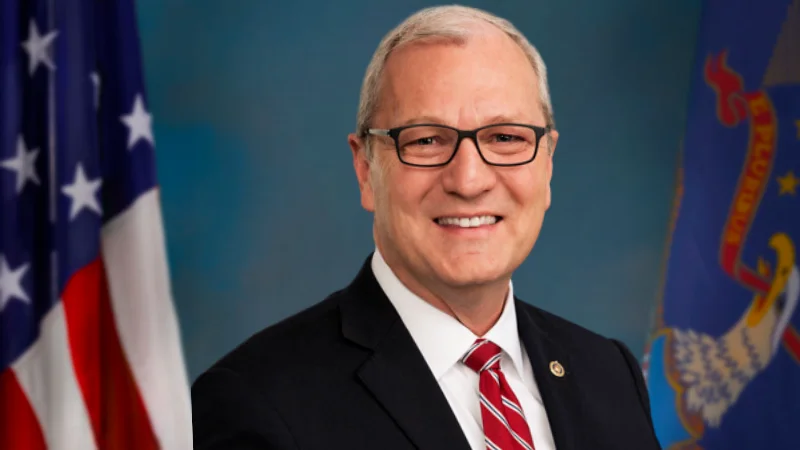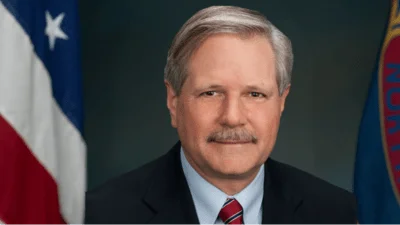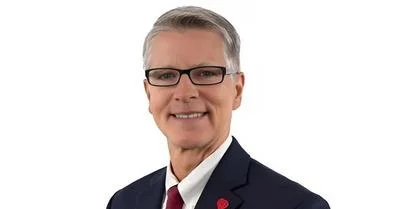Senator Kevin Cramer, US Senator for North Dakota | Senator Kevin Cramer Official website
Senator Kevin Cramer, US Senator for North Dakota | Senator Kevin Cramer Official website
The Senate Veterans’ Affairs Committee convened to evaluate the U.S. Department of Veterans Affairs (VA) Community Care program. The hearing, held in Washington, D.C., provided a platform for veterans and advocates to share their experiences and highlight challenges in accessing care through VA systems and community providers.
For states like North Dakota, where VA facilities are sparse, the Community Care Program serves as an essential resource for veterans seeking timely medical attention near their homes. However, obstacles persist in utilizing this option.
U.S. Senator Kevin Cramer (R-ND) addressed the healthcare industry's workforce shortage during the hearing. He cited a staffing mandate from the Centers for Medicare and Medicaid Services that exacerbates existing issues by imposing new requirements on already understaffed long-term care facilities. Cramer stated, “Access is not just about the quality of care. It’s about access, period, if the alternative is none.”
Cramer advocated for competition as a means to enhance care quality: “I think the best way to improve care is competition,” he said. He noted that barriers within bureaucracy hinder Community Care access but emphasized he does not wish to undermine the VA's direct care system.
Highlighting local examples, Cramer mentioned roadblocks faced by veterans in North Dakota when attempting to access Community Care services.
“If we put the choice in the hands of the veteran, the market will determine where they go,” he remarked. He suggested that factors such as type of care and wait times influence veterans' choices.
Cramer proposed automatic access to critical hospitals for veterans, noting their importance: “What I'd like to see us do […] is, for many of these critical access hospitals, their margins are very thin.” He added that additional patients could help keep these facilities operational.
Jim Lorraine, President and CEO of America’s Warrior Partnership, was asked about this proposal's feasibility in rural areas. Lorraine discussed continuity of care and emphasized holistic support involving family presence and comprehensive staff involvement: “We need to look at what's the best long-term outcome for a veteran in terms of getting their care.”





 Alerts Sign-up
Alerts Sign-up